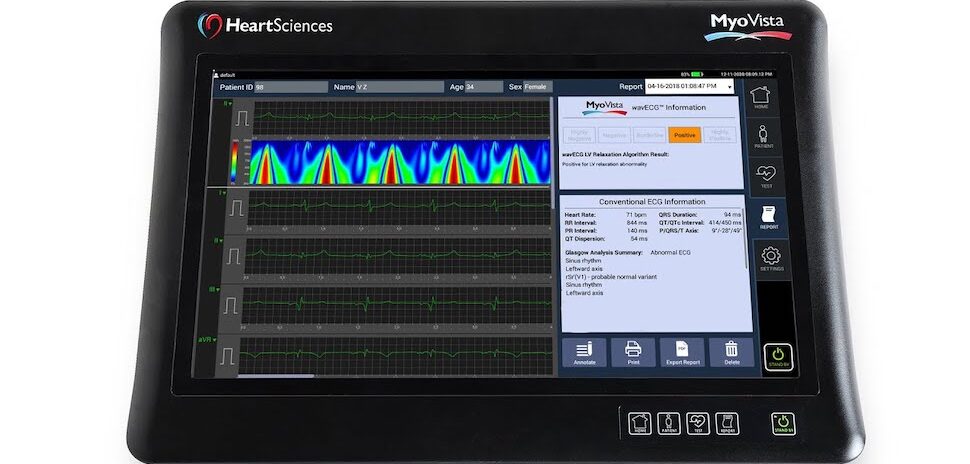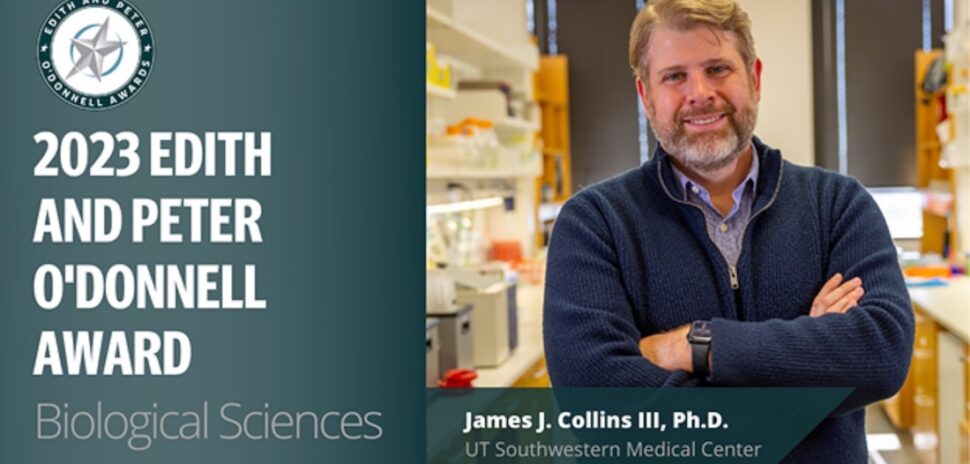Plano-based Reata Pharmaceuticals has received U.S. Food and Drug Administration approval to bring a treatment for an ultra-rare neuromuscular disease to market.
The approval is not only a first for the treatment of Friedreich’s Ataxia. It’s a first in Reata’s history, reports FiercePharma.
“As a company, this is a transformative milestone that highlights our commitment to developing and commercializing novel therapies for patients with severe diseases with few or no approved therapies,” Warren Huff, Reata’s CEO said in a statement.
Skyclarys, a drug developed by Reata, is the first approved treatment for Friedreich’s Ataxia—a rare genetic disorder that gradually damages the nervous system and can result in premature death.
“The approval of SKYCLARYS, the first therapy specifically indicated for the treatment of Friedreich’s ataxia, is an important milestone for patients affected by this disease as well as their families and caregivers,” Warren Huff, Reata’s CEO said in a statement. “We’re grateful to Friedreich’s ataxia patients, investigators, U.S. regulators, and our scientists and employees who made this approval possible.”
Huff added, “We look forward to delivering SKYCLARYS to eligible patients as quickly as possible,” Huff
Reata’s stock skyrockets on the news; drug was 15 years in the making
With the news, Reata’s stock soared nearly 200% Wednesday to $93.17, according to the Dallas Morning News, which noted that Reata has spent 15 years researching and developing the drug. Its stock had closed Tuesday at $30.99 before the Skyclarys announcement.
Analysts at Citi have estimated that Skyclarys will create a revenue stream in excess of $1 billion, the DMN added.
‘An important step forward’
In 2021, nearly 75,000 people around the world signed a petition started by the nonprofit Friedreich’s Ataxia Research Alliance (FARA) to make the drug available to those with FA as quickly as possible, according to a Reata spokesperson.
Reata said that Friedreich’s ataxia is an ultra-rare, inherited neurodegenerative disorder that is typically diagnosed during adolescence.
Patients experience progressive loss of coordination, muscle weakness, and fatigue, which commonly progresses to motor incapacitation and wheelchair reliance by their teens or early 20s, and eventually death, the company said.
Friedreich’s ataxia affects roughly 5,000 diagnosed patients in the United States. The FDA approval of Riata’s drug is for the treatment of the disorder in adults and adolescents aged 16 years and older.
“Friedreich’s ataxia is a debilitating neuromuscular disease that progressively robs patients of their mobility and independence,” Susan Perlman, MD, clinical professor, Department of Neurology, David Geffen School of Medicine, UCLA, said in a statement. “The approval of SKYCLARYS represents an important step forward in the treatment of Friedreich’s ataxia, providing physicians with the first disease-specific treatment option approved for patients living with this ultra-rare and progressive disease.”
The approval of Skyclarys, which “suitably fell on Rare Disease Day,” is supported by the efficacy and safety data from the MOXIe Part 2 trial and a post hoc Propensity-Matched Analysis of the open-label MOXIe Extension trial, Reata said.
Reata also announced the launch of the Reata Education, Access, and Care Helpline (REACH), an integrated specialty pharmacy and patient services program, aimed at helping eligible patients access prescribed Reata medicines.
Quincy Preston contributed to this report.
Get on the list.
Dallas Innovates, every day.
Sign up to keep your eye on what’s new and next in Dallas-Fort Worth, every day.
































































